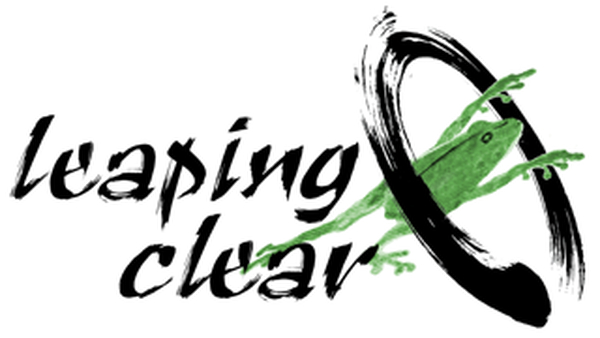Susan Harvey
Morning chores
When I go into the pens a little before dawn
I reenact something ancient—
the shape and heft of my muck fork
perfected by centuries—
the rhythm of ritual movements
remembered in tissues
generated by long dead ancestors.
I rake the manure into a pile
leaving the damp sepia dirt
crosshatched like an engraving.
Now the sun is up
and the spoiled oranges and lemons
tossed into my wheelbarrow yesterday
are gilded and gleaming
against the dark dung.
Spring on the ranch
Pulchra es amica mea…terribilis sicut castrorum acies ordinata...
Averte oculos tuos a me quia ipsi me avolare fecerunt.
I wouldn't say cruel but
around here April is exigent and inexorable
and we fear it a little.
Summer and fall are our dead seasons
golden, dry and silent
and we work to keep things alive under the heavy heat.
In the rainy winter
while we do nothing by the fire
the land comes alive again.
The earliest green glimmers transparently
then thickens and spreads
slowly exploring
the thighs the breasts
the bellies and the secret places of the hills
with green caresses
and the buckeyes are the first
to emit their small green flames.
But once spring hits
we'd better be ready
our ordnance prepared
cleaned, greased and sharpened
or the green will overcome us.
Male sparrows fight in the barn
pinning their rivals to the ground
tearing at their throats.
And to us the assembled forces of April
seem like a rival army intent on
subduing us
pressing us
terrible and beautiful
a lover whose green eyes
have put us to flight.
Epigraph from Claudio Monteverdi’s Vespers of 1610: You are beautiful my love...terrible as the sharp lines of a military camp… Turn your eyes from me for they have put me to flight.
Love song
When you lower your big white head
I see the fabulous whorl
a spiraling galaxy
whirling out of time
on your forehead.
All I want is to stand with you
here in this moment and
softly, softly
pass this white brush
over your white forehead
slowly, slowly
tracing with this soft white brush
the rotation and expansion of the
spinning galaxy
on your white forehead.
You lower your head a little more
your huge black eye
regards me.
All I want to be doing in time
is looking into this
depthless black space.
When you shake your head
the forces that spin the stars
pass through your muzzle
as it grazes my face
crushing my teeth into
my lips and tongue
and in an instant
the taste of blood
fills my mouth.
The nature of bonds (according to Pauling, Plato, Donne, and Spender)
You move through your days mysteriously synchronized
urinating accurately on the same spot
dropping your manure side by side as
simultaneous signatures on a single line
advancing joyfully shoulder to shoulder
with murderous intent toward the trespassing coyote.
You were run onto a truck in Texas
with thirty other rescued burros
and you arrived here a bonded pair.
What holds you together? What holds anything together?
Do you share certain invisible orbiting particles
as do individuals in the whirling world of atoms
who form the abiding bonds (not giddy crushes)
that dictate the properties of matter
bonds we cannot see but which can be drawn
as sticks between spheres? Let the soule be a spheare.
Or as you leaned against each other in the jouncing trailer
did you begin to remember the realm of the gods
where you were a single winged being?
Did first a shudder then a sudden warmth
melt the hardened roots of your soul's plumage?
When you gazed upon your beloved's beauty
despite your anguish were you filled with joy?
In the day you are furious maenads
racing across the fields, heads wildly thrown back.
More tender in the evening you stand
side by side facing opposite directions
fabulously intertwined into a single mythical creature
an illumination from a medieval bestiary
(A is for Amphisbaena) each head rests on the other's back
eyebeams crost. It is the grave evening demand for love
it is the unperplexing extasie
it is the burning of rust and deformity.
In the fading light I
from a convenient distance see
and part farre purer than I came.
Susan Harvey
My practice is contemplation through physical labor, in the spirit of Brother Lawrence, the 17th-century French lay brother whose thoughts were compiled after his death into The Practice of the Presence of God. I get a lot of practice because I live on a ranch, where I take care of land and animals. This intersection of work and prayer is what informs my writing.
Susan Harvey earned a Ph.D. in musicology from Stanford University, and a career as a performing and academic musician absorbed her for many years. She now lives on a working ranch in Northern California. Her poetry has appeared and is forthcoming in the Comstock Review.

